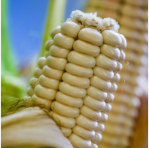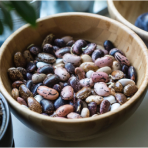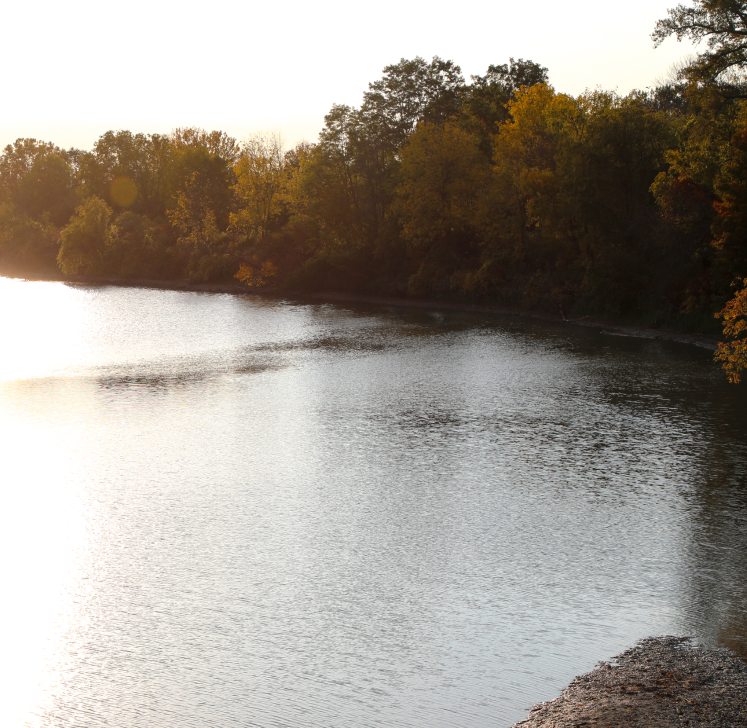
The Seneca are also known as the “Keeper of the Western Door,” for the Seneca are the westernmost of the Six Nations. At the time of the formation of the Iroquois League, the original five nations of the Iroquois League occupied large areas of land in the Northeast USA and Southeast Canada.
In the Seneca language we are known as O-non-dowa-gah, (pronounced: Oh-n’own-dough-wahgah) or “Great Hill People.”
scroll this way
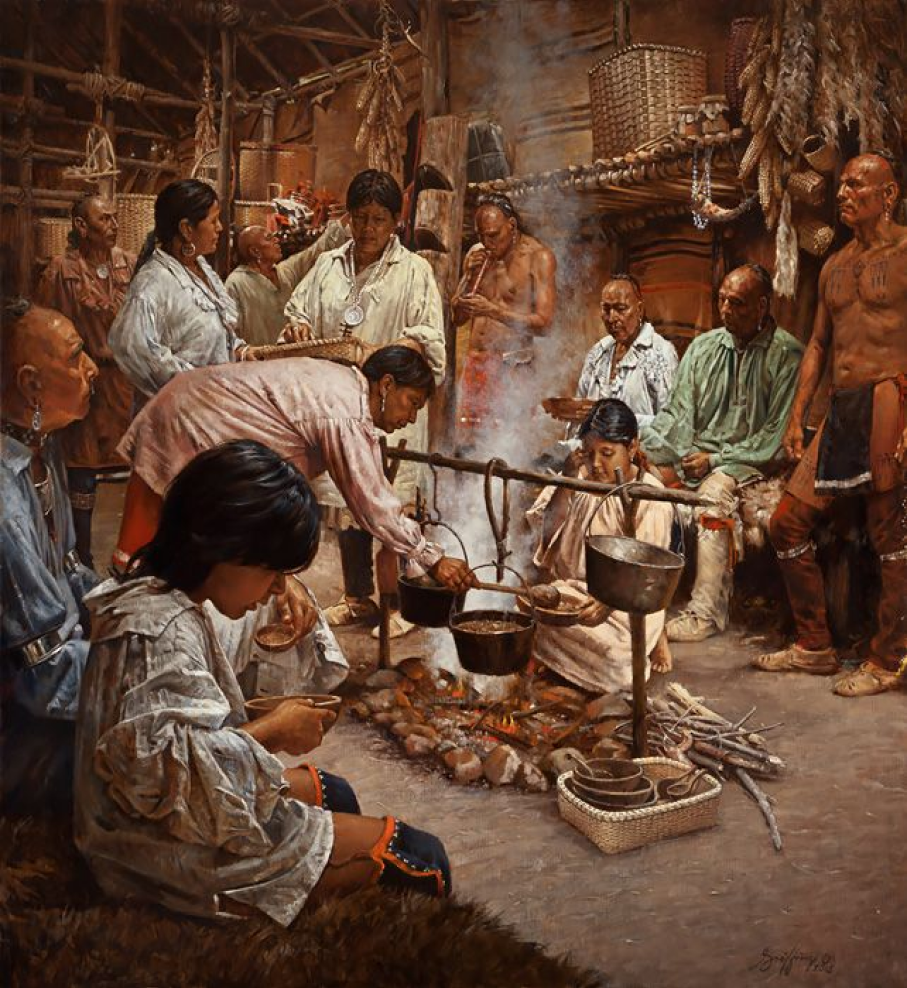
The Seneca are also known as the “Keeper of the Western Door,” for the Seneca are the westernmost of the Six Nations. At the time of the formation of the Iroquois League, the original five nations of the Iroquois League occupied large areas of land in the Northeast USA and Southeast Canada.
In the Seneca language we are known as O-non-dowa-gah, (pronounced: Oh-n’own-dough-wahgah) or “Great Hill People.”
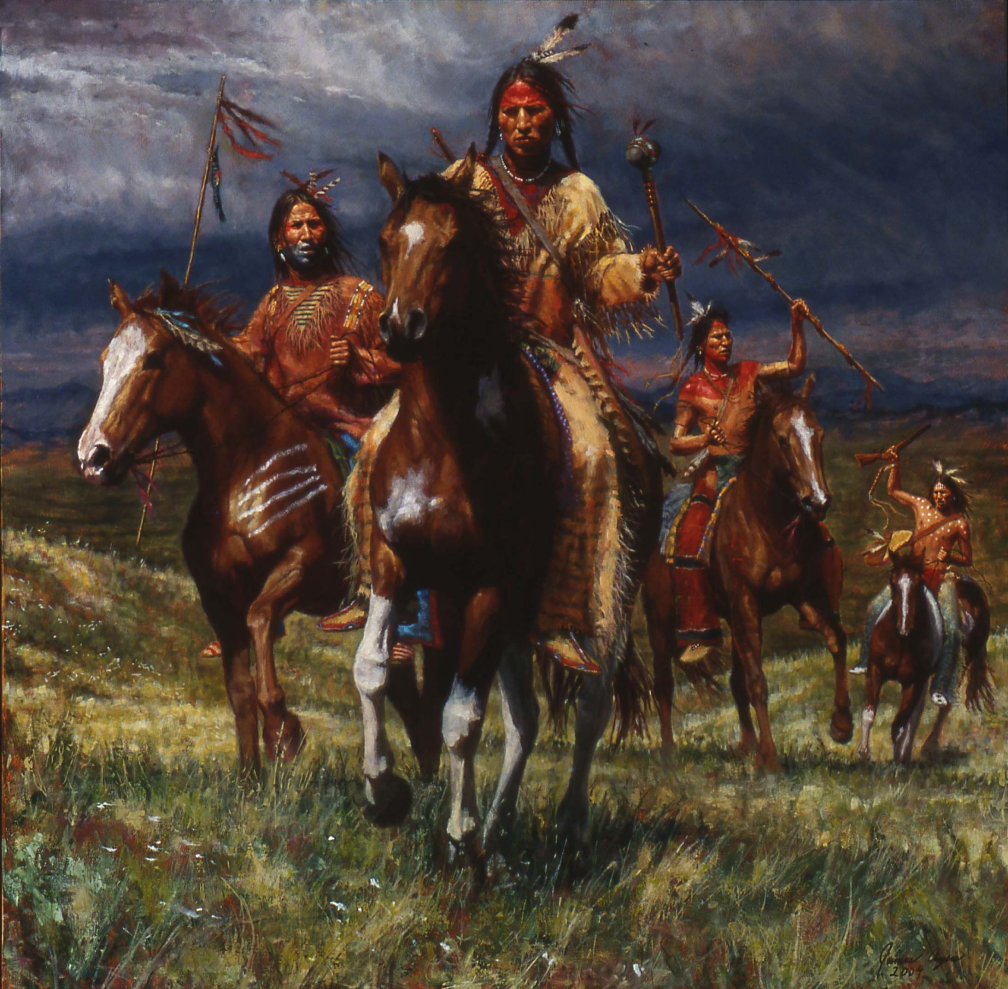
The Seneca are also known as the “Keeper of the Western Door,” for the Seneca are the westernmost of the Six Nations. At the time of the formation of the Iroquois League, the original five nations of the Iroquois League occupied large areas of land in the Northeast USA and Southeast Canada.
In the Seneca language we are known as O-non-dowa-gah, (pronounced: Oh-n’own-dough-wahgah) or “Great Hill People.”
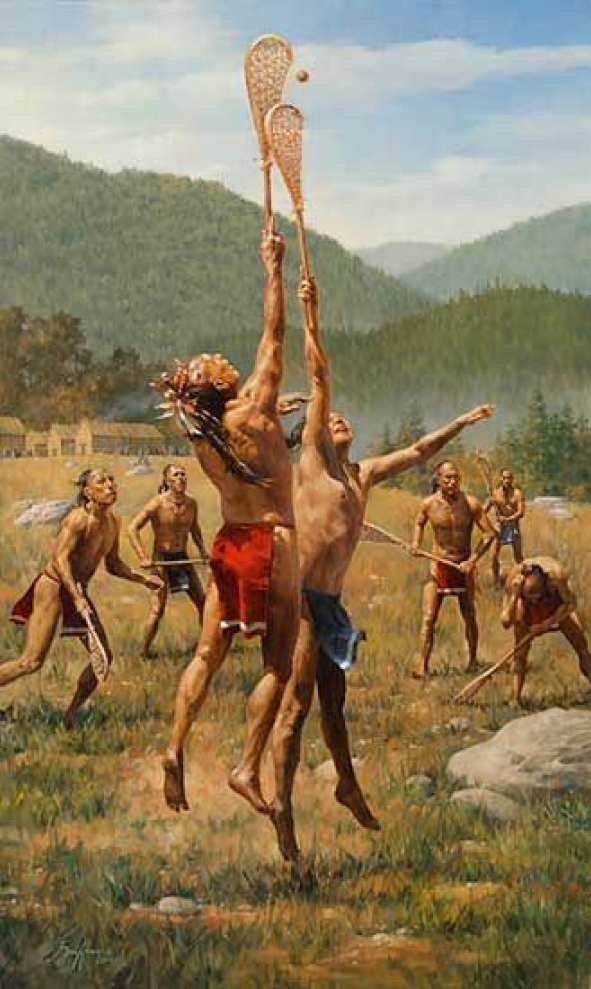
The Seneca are also known as the “Keeper of the Western Door,” for the Seneca are the westernmost of the Six Nations. At the time of the formation of the Iroquois League, the original five nations of the Iroquois League occupied large areas of land in the Northeast USA and Southeast Canada.
In the Seneca language we are known as O-non-dowa-gah, (pronounced: Oh-n’own-dough-wahgah) or “Great Hill People.”
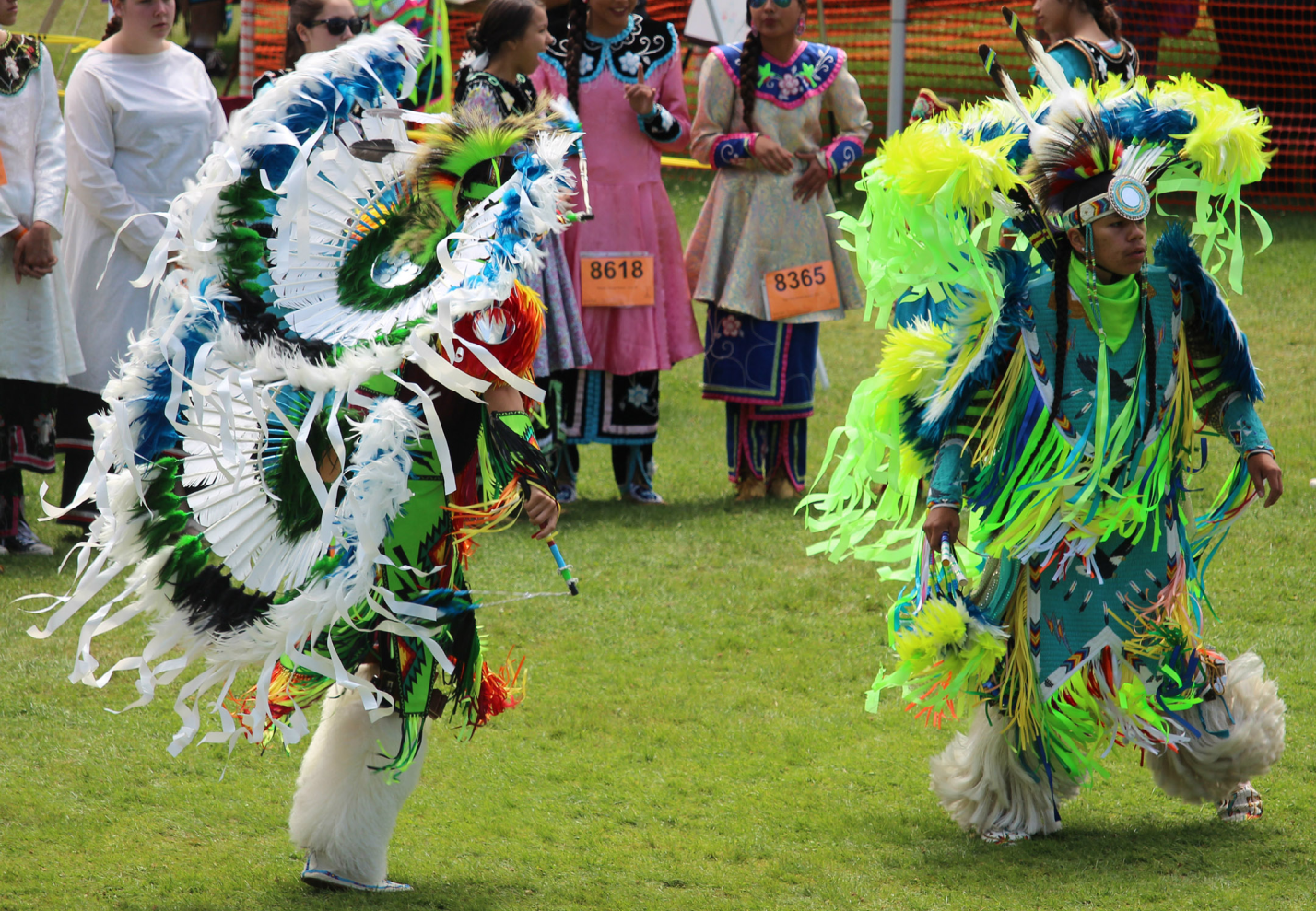

The Seneca are also known as the “Keeper of the Western Door,” for the Seneca are the westernmost of the Six Nations. At the time of the formation of the Iroquois League, the original five nations of the Iroquois League occupied large areas of land in the Northeast USA and Southeast Canada.
In the Seneca language we are known as O-non-dowa-gah, (pronounced: Oh-n’own-dough-wahgah) or “Great Hill People.”

